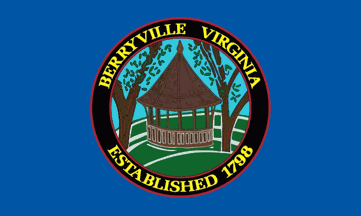Albemarle County:
“Besides the obvious, what’s the difference between a barn
full of cows and a barn full of wedding guests? Albemarle County is trying to
pin down the answer in the wake of a state code change by the General Assembly
that aimed to make it easier for farm owners to hold events. But a month after
the new rule went into effect, the county still hasn’t settled on a rewrite of
its own regulations, and is facing a showdown over just how much say government
officials should have in how farms generate revenue.
The state code now reads that localities can only require
farms, farm wineries, and farm breweries to get the above-and-beyond permission
of a special use permit or zoning clearance in circumstances where an event
poses 'a substantial impact on the health, safety, or general welfare of the
public.' Since such permits come with a $2,500 price tag in Albemarle, it’s a
move that could save landowners a lot of money.
The effect, however, is a lot of gray area to clear up for
local governments: What’s a substantial impact? And a far more basic
question—and dicey one—what counts as a farm? Thanks to Virginia’s restrictive
rules about local government power, the county is in the precarious and
familiar position of trying to regulate without running afoul of more permissive
rules from above.”
~Writes Graelyn Brashear of the C-ville Weekly


























